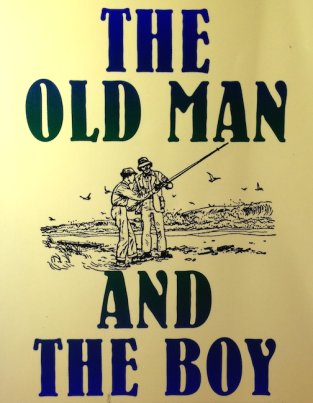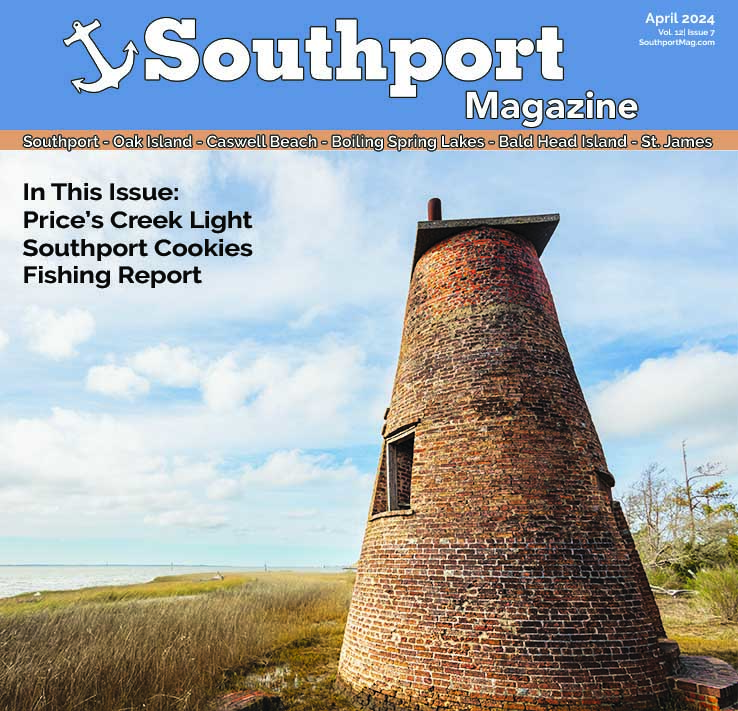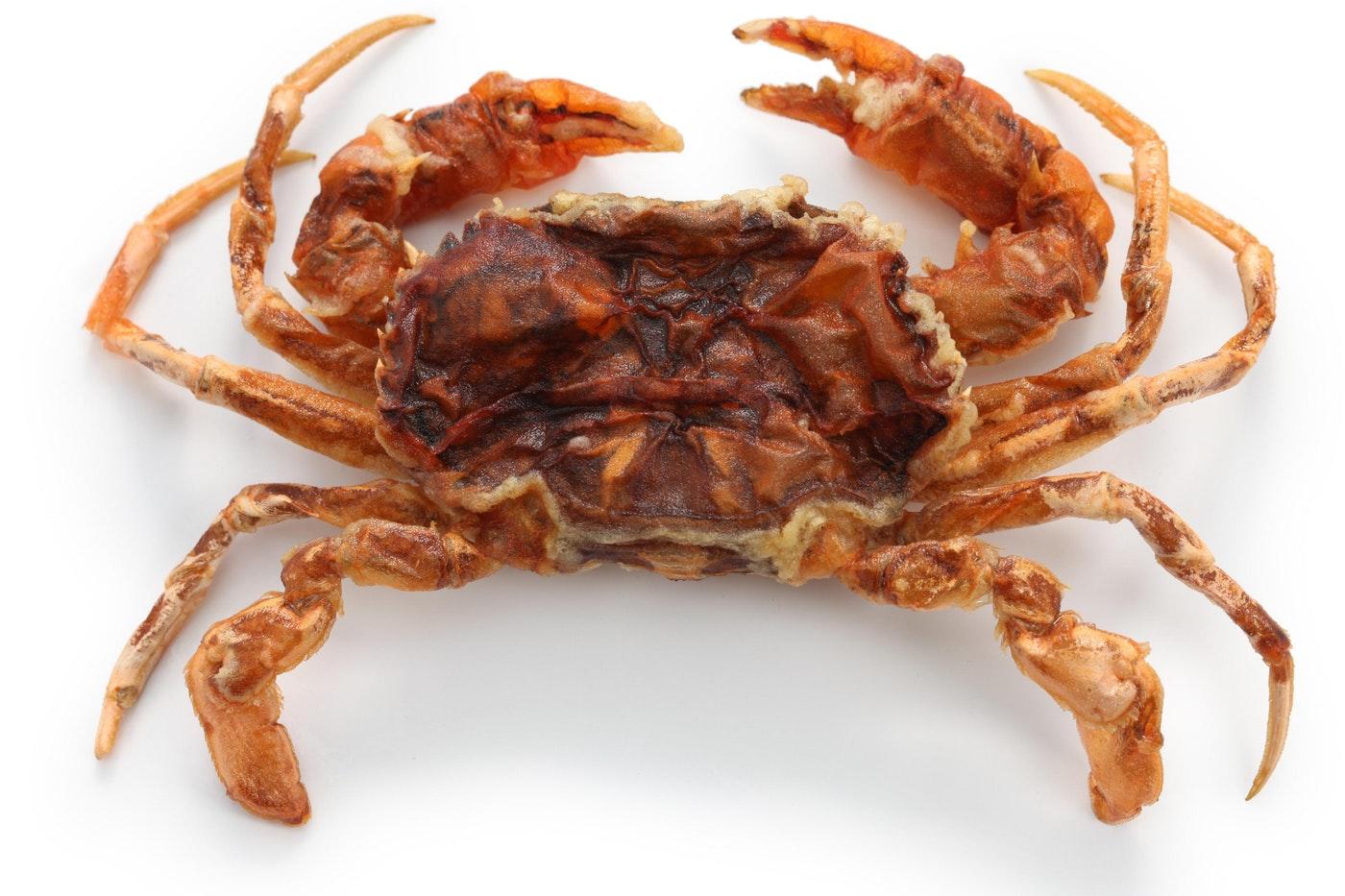The Old Man – Local Holiday Tale

Robert Ruark’s The Old Man and the Boy brings Southport’s History alive
Story by: KASS FINCHER
One of the most wonderfully written stories of Christmas past can be found in our own Robert Ruark’s The Old Man and the Boy. In the book, Ruark describes his visits as a boy to his grandfather’s home in Southport in the pre-Depression years. The holidays were filled with what he calls “expeditions,” where he accompanied his grandfather outdoors to seek out the necessary items for their Christmas celebration.
One expedition in those years was to hunt down wild turkeys for the Christmas meal. His grandmother laid down the law, writes Ruark. “The price of meat,” Miss Lottie complained, “has gone up something terrible, and I don’t propose to pay ten cents a pound for turkey. You either shoot it or you don’t eat it this year.”
So the boy went out with his grandfather that year and rustled up not one, but seven birds. Even Miss Lottie was surprised when they drove up with the haul, according to Ruark. “We slung ‘em out one at a time, and even Miss Lottie couldn’t keep her face straight in front of seven big new wild turkeys. We had turkey those holidays until I wished I’d never seen one.”
Another expedition was to gather oysters in the marsh waters surrounding Southport. Ruark describes the experience in wonderful detail. “You would go out over the wind-stirred gray waters, with your nose and ears bitten red by the cold, and finally come to the oyster beds. You would take the tongs and grapple along until you tied into a likely clump, and up they’d come, muddy, and you would swish the full-loaded tongs back and forth in the water until most of the mud washed off, so as not to muck up the boat too much. When you had half a boatload, you poled her back, and by this time I would have had the knife out and a couple of dozen opened.”
Hunting turkeys and gathering oysters were just two requirements of those days. The Christmas-tree expedition was another. “We scouted a cedar tree for a year in advance,” writes Ruark. “It had to be just the right size and shape and hard enough to get at so that nobody else was apt to swipe it out from under your nose. You couldn’t go very early, because the tree had to endure until after New Year’s. So we went about two days before Christmas; and if I had spotted the tree, I usually tried to locate it deep in a big swamp or away off in a gallberry bay so that I’d have an excuse to take a gun in case a squirrel or a deer attacked me.”
There were also those special chores tailor-made for a boy, relates Ruark. “The mistletoe and holly procurement was my special province. Mistletoe had to be climbed after, and somehow I never went after any mistletoe that wasn’t hung away up in the mizzen of a cypress as big as a California redwood. You would see the little white waxy kissing berries against the dark green leaves, parasiting happily up there in the clouds, and this was fine, because it was something a boy could do that a man couldn’t do. I would take a knife in my teeth – and I would shoot up the rigging like a monkey and cut the mistletoe and throw it down.”
With the day’s outings done, Ruark describes the wonderful result. “When you finally got all the stuff home and the women went to work with it, your house smelled just like a good woods camp from the smell of the cedar, and the clean, late-afternoon swampy smell of the holly, and the smoky spice coming from a big oak or hickory log with the resin-dripping lightwood kindling crackling under it.”
The best part of those days was yet to come, as the food being whipped up in the kitchen stirred the senses. Ruark describes his reactions as a boy. “Women are generally a bother to a boy or a man, but around the holiday season they sure earned their keep. Miss Lottie, my grandma, was a fair hand with a stove, and between the smell of what she was cooking, the smell of the evergreens, and the smell of the strange Yule specialties that you never saw at any other time of the year, the house literally trembled with odor.”
Also part of Ruark’s boyhood was the much-maligned dessert that still makes an appearance around the holidays today. “Miss Lottie would have had a couple of big fruit cakes under way since along about September,” he writes. “Cakes as big as mill wheels, full of dark green citron and fat raisins and candied cherries and juicy currants, and soaked in enough brandy to get you giddy on a slice of it. The fruit cake lasted forever, because the Old Man would slip in and sluice her down with a fresh dollop of brandy from time to time, and if you kept her shut up in a tin box she stayed moist until June.”
Some of us would not want the fruitcake to last that long, but perhaps the liquor infusion would make a difference. Ruark’s memories of all the traditions of that time can make one a little wistful for the past – a seemingly more innocent, homemade season. It was a time when the holidays were not so much about frantic gift-buying, but more about hunting down one’s own food, tree and mistletoe. And reveling in the many aromas of Christmas at your grandparents’ house.











[…] The Old Man – Local Holiday Tale […]